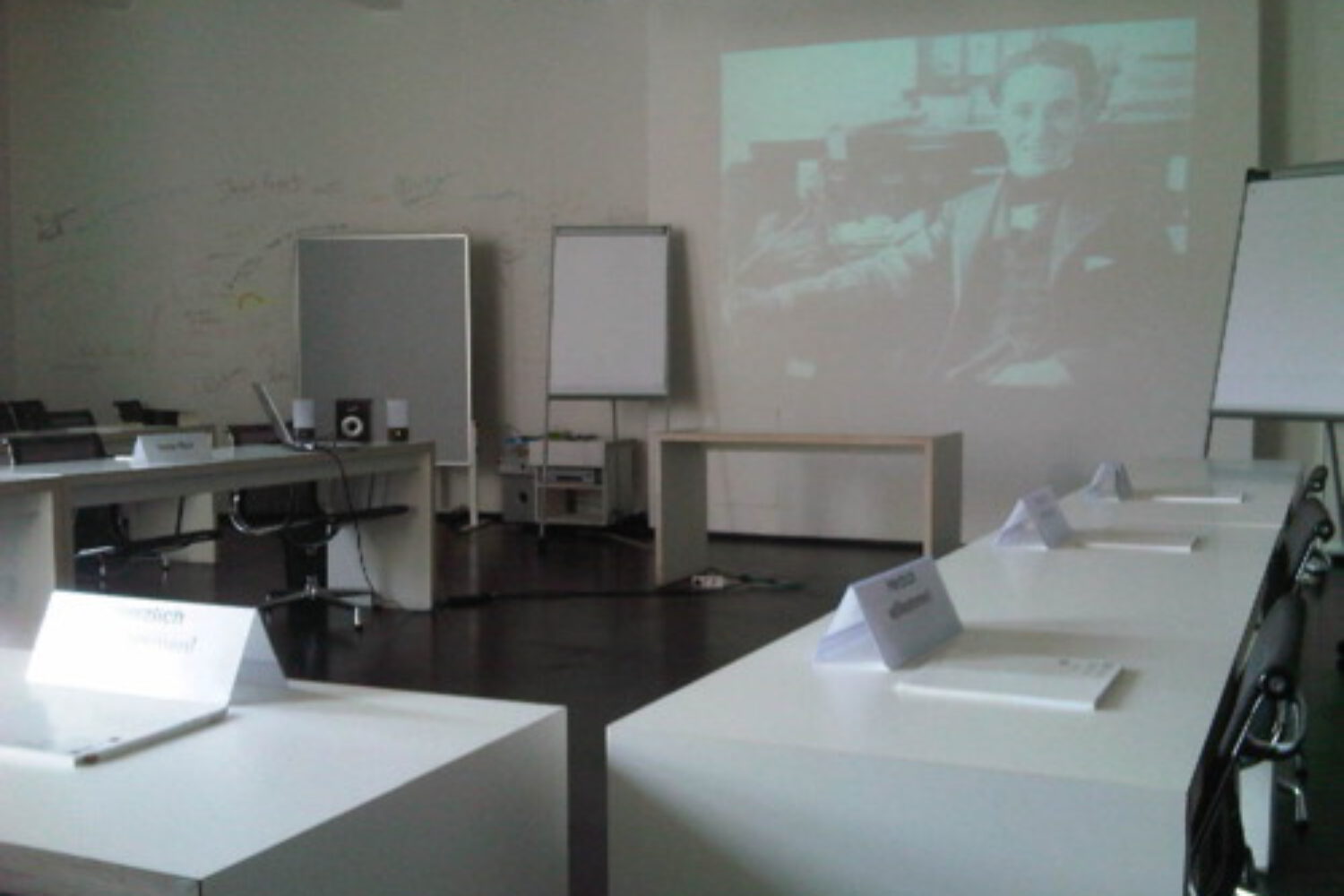My mom used to be an elementary school teacher. For 56 years – first at school, then privately – she would teach youngsters to help them accomplish more in life.
Today, I understand her high level of self-realization. When I started to turn my passion for public speaking into a profession, I didn’t know how rewarding this experience was going to be. Helping others, making others grow, seeing others shine is an incredibly rewarding experience.
Maybe you face the same big fat question mark in your life. Should I take this step? Should I jump into this professional adventure? Should I leave my “normal” job and become a trainer or coach? With high risk? Without any security? With hardly anyone supporting the idea?
If you do, here are some points for your consideration that have worked well for me.
You are the brand
Like any brand in the world you too want to emphasize your USP, your Unique Selling Proposition. In a sea of trainers you need to be different.
You are the brand and fact is you cannot fake it. You have to be authentic. Ask yourself, “What is my unique style?”
It took me more or less a year and a good amount of client feedback to come up with my three characteristics as a trainer – practical, fresh, creative.
Practical because I teach no theory, I focus on what I’ve been learning at Toastmasters – speak and evaluate.
Fresh because I tend to say and do things one shouldn’t say or do. Fresh because I follow the advice of Charlie Chaplin: “A day without laughter is a day wasted.”
Creative because the seminar teams and I play around with many different ways to get a message through – using visual aids, using the body differently, turning the voice into a rollercoaster.
What are your characteristics? What makes you different? What is your USP?
Your style
For 3,013 days I wore suits at my former employer KPMG. Once I jumped into the pool of rhetoric, I thought, “Hey, wait a minute, public speaking is about proximity.” Should I wear suits then like most of the other trainers? Or should I be closer with my teams? Practical, fresh, creative, suite? No way. I decided to go for jeans and business shirt.
What is your authentic style?
No agendas
Some people want security. Some people want to know what’s going to happen. Some people need an agenda. For 3,013 days I lived in a world of agendas. Now I don’t print agendas at all. Why?
It’s the tension factor. It’s like a speech. There are always some people in the audience who prefer to know, from the beginning, what the speech is going to be about. The security guys. For me a great speech builds up in content, builds up tension, offers surprising turns. Great speakers force their audience to stick to their lips throughout their entire speech.
In your seminar, with an agenda in their hands people wait for the next break to call their boss. No surprises. No tension.
If you don’t give them an agenda, your participants will be curious, they will be attentive. They follow your instructions because everything you offer is new to them.
I only print agendas if the client insists (which can happen). In all other cases I make them stick to my lips throughout the entire seminar.
Are you a last-page-of-the-book-reader or are you a Hitchcock fan?
Participate, participate, participate
Maybe it’s because of my involvement with Toastmasters International. For me it was never a question. From the beginning I participated in all the exercises. I give speeches just the way my seminar participants do. I ask for the same positive and constructive evaluations they receive. I’m part of the team. Less teacher and students, more primus inter pares.
To date, the unisono feedback has been positive. When you do what you preach your level of acceptance is much higher. Take Pep Guardiola, for example, the coach of F.C. Barcelona. He actively participates in the training sessions. He could possibly still play at Camp Nou. His players love him.
Will you preach only or will you also do what you preach?
Everything positive, everything constructive
Out there the world can be gray, the job can be boring, relationships can fail. Your seminar is the harbor of good times. For one or two days those people escape from the gray world surrounding them every day. It’s your job as a trainer to add colors to their lives.
Pessimism is gray. Negativism is gray. Positivism is green, passion is red, enthusiasm is yellow. Everything you tell them, everything each one tells everyone should be either positive or constructive.
“What you do well and what you could do even better.” This is the communicational guideline for your seminer. This is how you motivate people. This is how you inspire people.
What are your colors?
One team, many personalities
In one seminar, it was in the morning when everybody arrived, I approached this one girl sitting alone on her stool waiting for what was to come. She was from Mexico and all the other participants were chatting with each other, having coffee and a good first laugh. The girl sat there, alone.
I approached her and without introducing myself I said to her, “You don’t talk a lot, do you?”
NLP is fashionable, NLP is hip. But – isn’t it all about common sense? That girl was shy, introverted and yet she had an immense power. In those two days she flourished like an orchid in the rain forest. Together – we all pushed her out of her comfort zone. In the positive feedback round at the end of the seminar she told me that I had taken her to the other side of the river. Goose bumps.
In your seminars you will deal with extroverts, introverts, show-offs, arrogant people, alpha dogs, shy souls, timid guys and timid girls, pessimists, realists, optimists, … The art is to pick up each and every one where they stand in terms of personality and skills. It’s one seminar team, but you deal with many characters. Work them individually.
Are you NLP or do you have common sense?
Go for it!
These are only a few lessons learned over the last two years. There are many other lessons and many yet to be learned. You will have to learn your own lessons. Like my mom did.
The other day we were sitting together. I asked her about her biggest lessons learned in 56 years of teaching. She came up with her favorite three: make the outsider protagonist, learn through games, break new ground.
I’m proud of my mom. I guess we carry the same genes.
And you? What are you waiting for… go for your dream!

